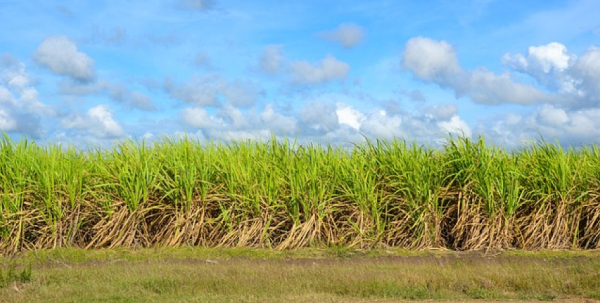Sugar trading in the Philippines is a significant industry that plays a crucial role in meeting the demands of the global market. The Philippines is known for its high-quality sugar and its long history of sugar production, making it a major player in the global sugar industry. In this article, we will provide an overview of sugar trading in the Philippines, including the current state of the industry, major players, and challenges faced by the industry.
The Philippines is currently the 8th largest sugar producer in the world, and it is also a major exporter of sugar. The country’s sugar exports are primarily sent to the United States, Japan, and other countries in Asia and the Middle East. The sugar industry in the Philippines is primarily composed of smallholder farmers and large sugar millers, with the majority of sugarcane grown in the Visayas and Mindanao regions.
The sugar trading industry in the Philippines is composed of various players, including sugar millers, refiners, traders, and exporters. The major players in the industry include Central Azucarera Don Pedro, Central Azucarera de la Carlota, and Roxas Holdings, Inc. These companies are responsible for producing and exporting the majority of the country’s sugar.
One of the major challenges facing the Philippine sugar industry is the competition from other sweeteners. High fructose corn syrup and artificial sweeteners are often cheaper and more readily available than sugar, making it difficult for the Philippine sugar industry to compete. Additionally, the high cost of production in the Philippines also makes it difficult for the country’s sugar producers to compete with other sugar-producing countries.
The Philippine government has implemented a number of policies and programs to support the sugar industry, such as the Sugar Industry Development Act of 2015, which aims to modernize the sugar industry and improve its competitiveness. Additionally, the government has also implemented a sugarcane planters and millers assistance program, which provides financial assistance to sugarcane farmers and millers.
Despite these challenges, the Philippine sugar industry is well-positioned to meet the demands of the global market. The country’s reputation for producing high-quality sugar and its established relationships with major buyers in the US, Japan, and other countries, make it a reliable and attractive partner for sugar trade. Additionally, with the growing trend towards natural sweeteners, the Philippine sugar industry has an opportunity to capitalize on this trend and increase its exports.
In conclusion, sugar trading in the Philippines is a significant industry that plays a crucial role in meeting the demands of the global market. Despite facing challenges such as competition from other sweeteners and high production costs, the Philippine sugar industry is well-positioned to meet the demands of the global market. With supportive government policies, a reputation for producing high-quality sugar, and the potential to diversify, the Philippine sugar industry has the potential to continue to grow and thrive in the future.



